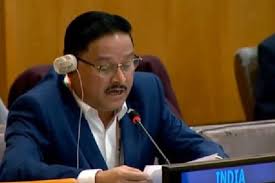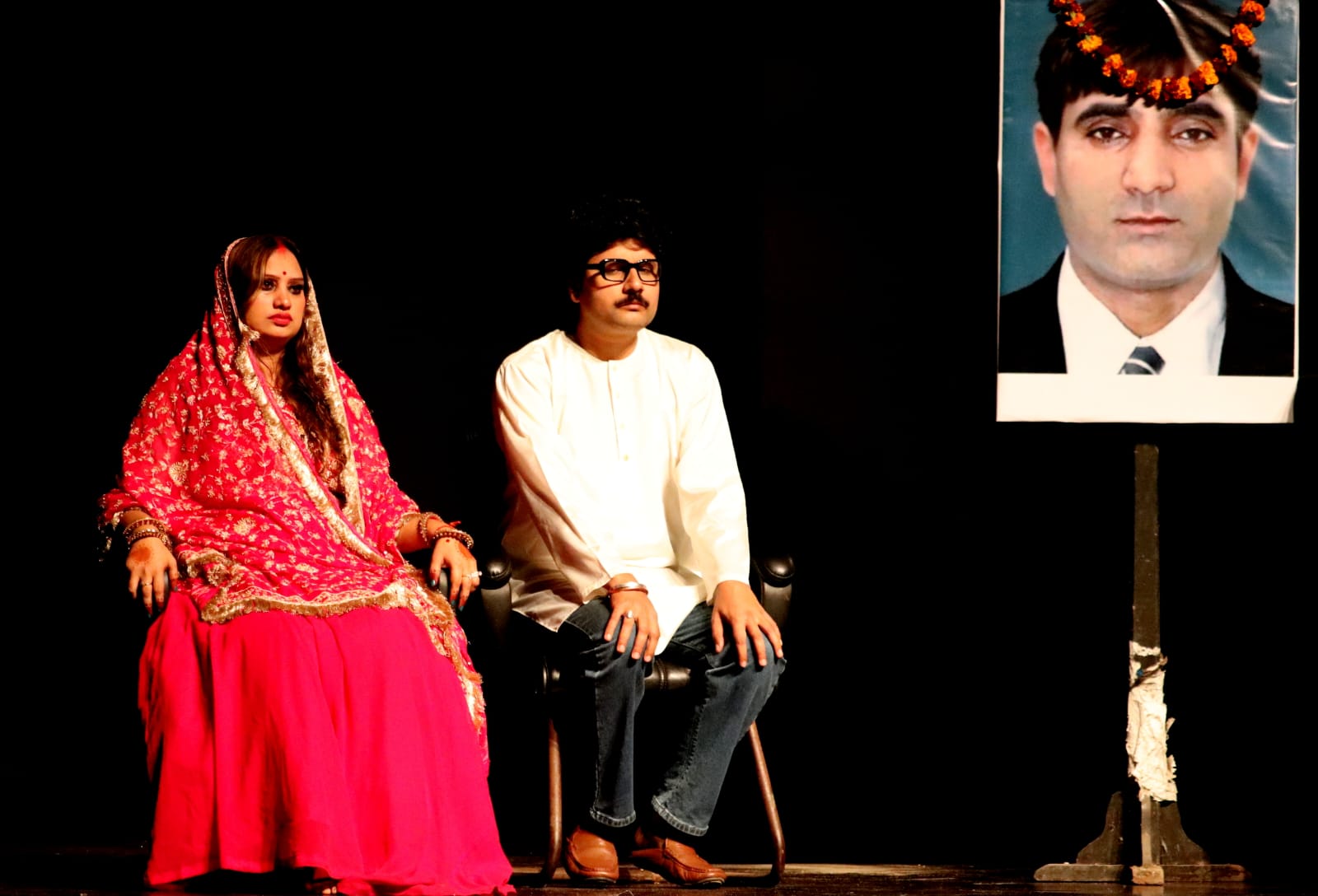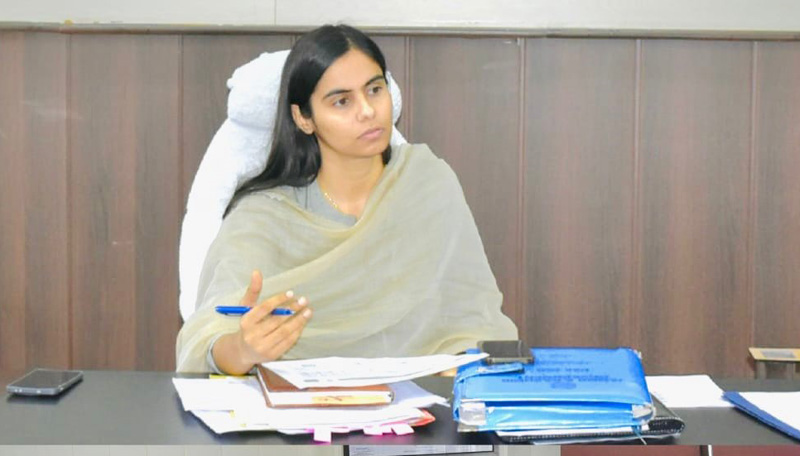India Slams ‘Biased’ UN Report Linking Pahalgam Terror Attack to Rohingya Refugee Treatment
United Nations: India has sharply criticised a UN human rights report on Myanmar, calling it “biased” and “communal,” after it alleged that the April 2025 Pahalgam terror attack influenced India’s treatment of Rohingya refugees.
BJP MP Dilip Saikia, reacting at the UN General Assembly on Tuesday, condemned the remarks made by Thomas Andrews, the UN special rapporteur on human rights in Myanmar — a former US congressman and Harvard academic.
“I strongly denounce the biased approach adopted by the special rapporteur, who views the innocent civilian victims of the April terrorist attack in Pahalgam through a communal lens,” Saikia said.
“My country rejects such prejudiced and blinkered analysis,” he added.
Saikia, part of India’s UN delegation, said the rapporteur’s conclusions relied on “unverified and skewed media reports” aimed at maligning India — a country where “people of all faiths, including over 200 million Muslims, live peacefully.”
Responding to concerns about Rohingya refugees, he said India has witnessed “an alarming level of radicalisation among displaced persons,” creating pressure on internal law and order.
He also reiterated India’s stance on Myanmar, urging an immediate cessation of violence, release of political prisoners, unhindered humanitarian aid, and inclusive political dialogue leading to “credible and participatory elections.”
The Arakan Rohingya Salvation Army (ARSA) — the militant group led by Karachi-born Ataullah Abu Ammar Jununi — was behind the 2017 attacks on Myanmar’s Hindus that left 99 people dead, including women and children, according to Amnesty International.
In his report, Andrews claimed that since the Pahalgam attack — which targeted “Hindu tourists” — refugees from Myanmar have faced increased pressure in India, despite none being involved. He alleged that some Rohingyas had been detained, interrogated, threatened with deportation, and even sent by sea toward Myanmar or Bangladesh.
Special Rapporteurs are independent, unpaid experts appointed by the UN Human Rights Council, and their views do not represent those of the UN Secretary-General.
Andrews’ claims, however, have been firmly rejected by India as politically motivated and disconnected from ground realities.













